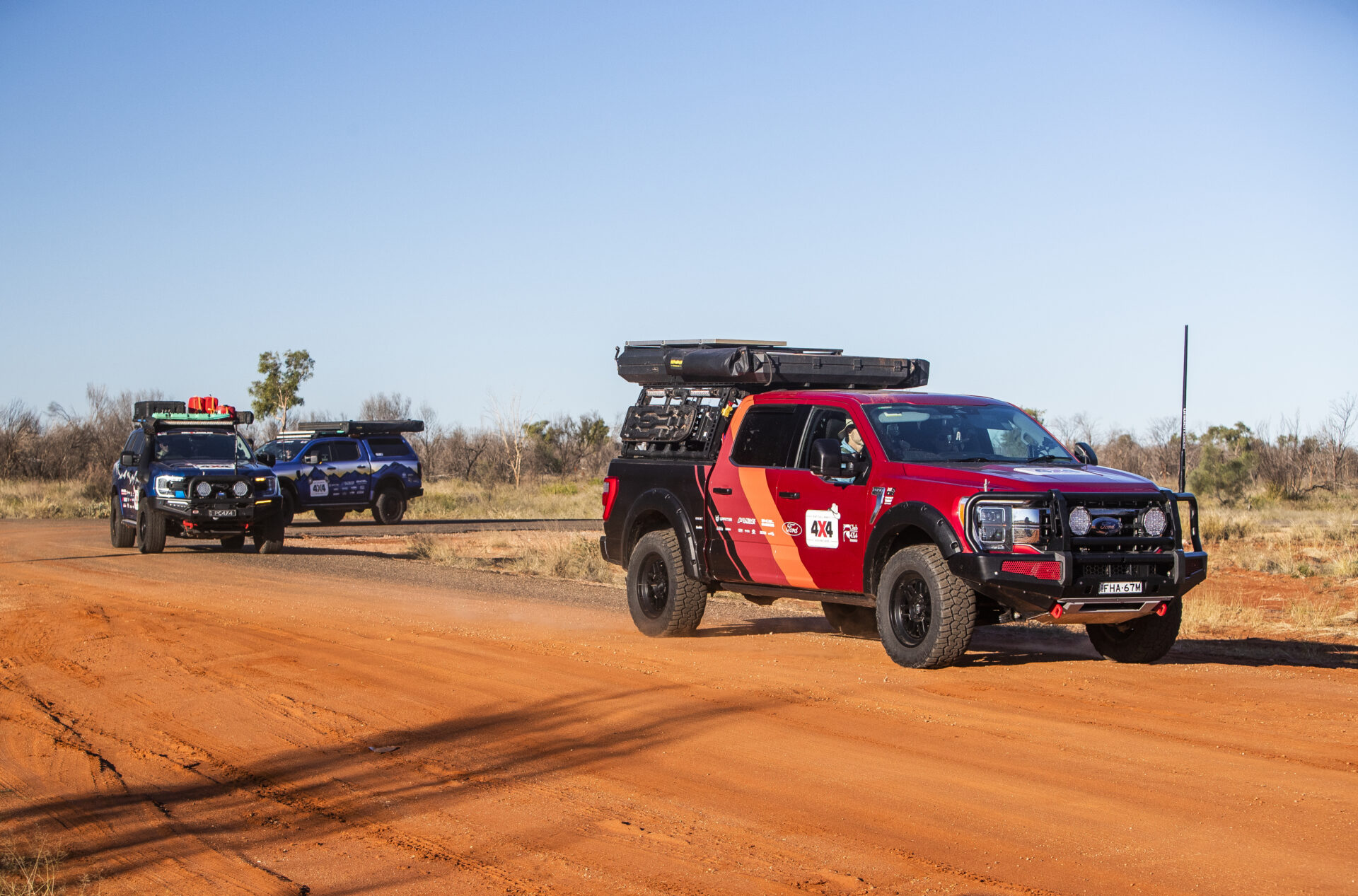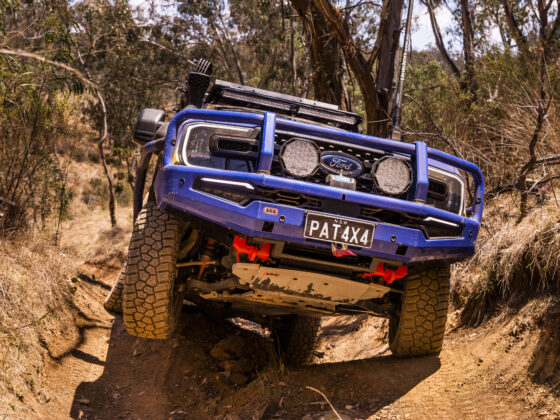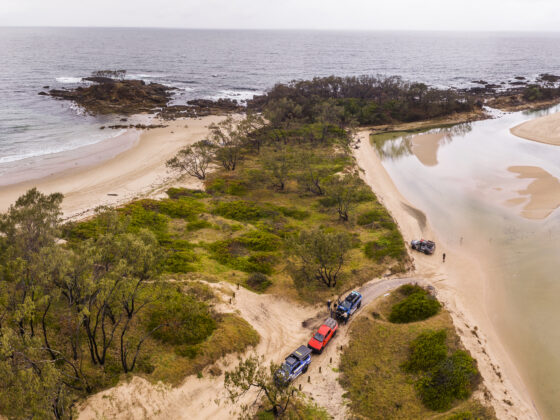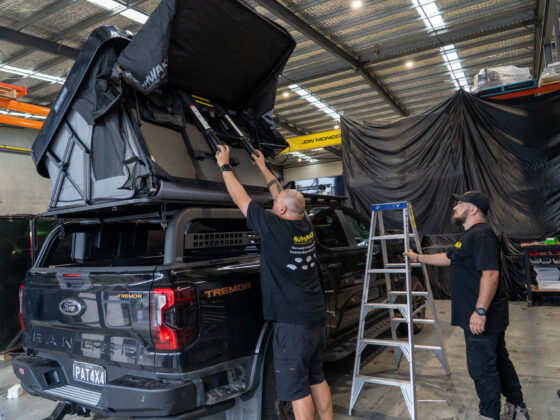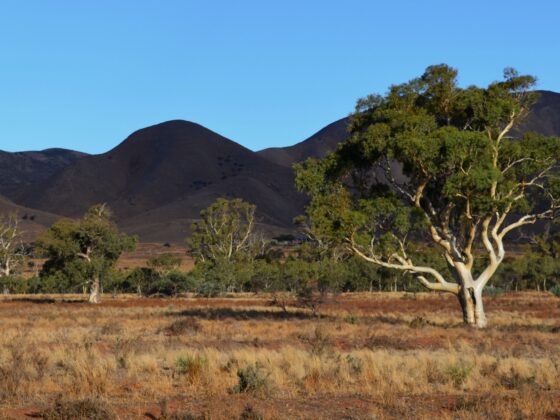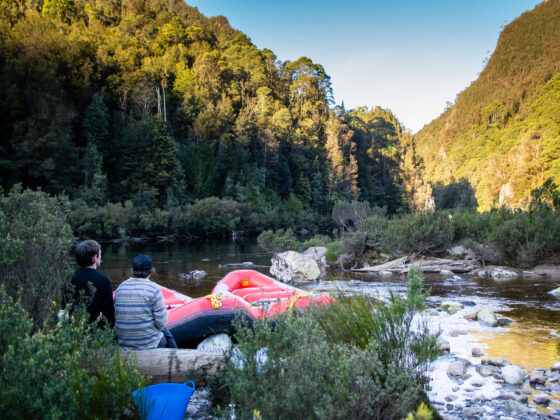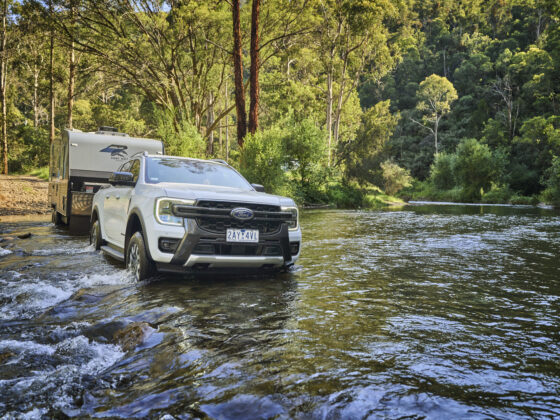If you’re planning your next big 4×4 adventure in Western Australia, there’s a potential shake-up on the horizon that could impact your travel plans. A proposal is on the table to lower speed limits on roughly 1800 roads across the state, targeting regional and peri-urban areas in a bid to tackle a climbing road toll. Starting as early as 2025, the Safer Speeds Trial will roll out across the Shire of Augusta Margaret River and the City of Busselton for a three-year test period.
Under the proposal, some regional roads currently signposted between 80km/h and 110km/h will drop to 70-80km/h, while outskirts of towns and busier urban areas could see limits reduced to 60km/h or even 40km/h. The trial has sparked debate among locals and 4X4ers alike, as the changes could mean longer travel times and stricter driving conditions.
With WA recording its highest road toll in nearly a decade, the move aims to save lives, particularly on rural roads where the majority of fatalities occur. But what do these changes really mean for 4X4ers? Let’s break it down.
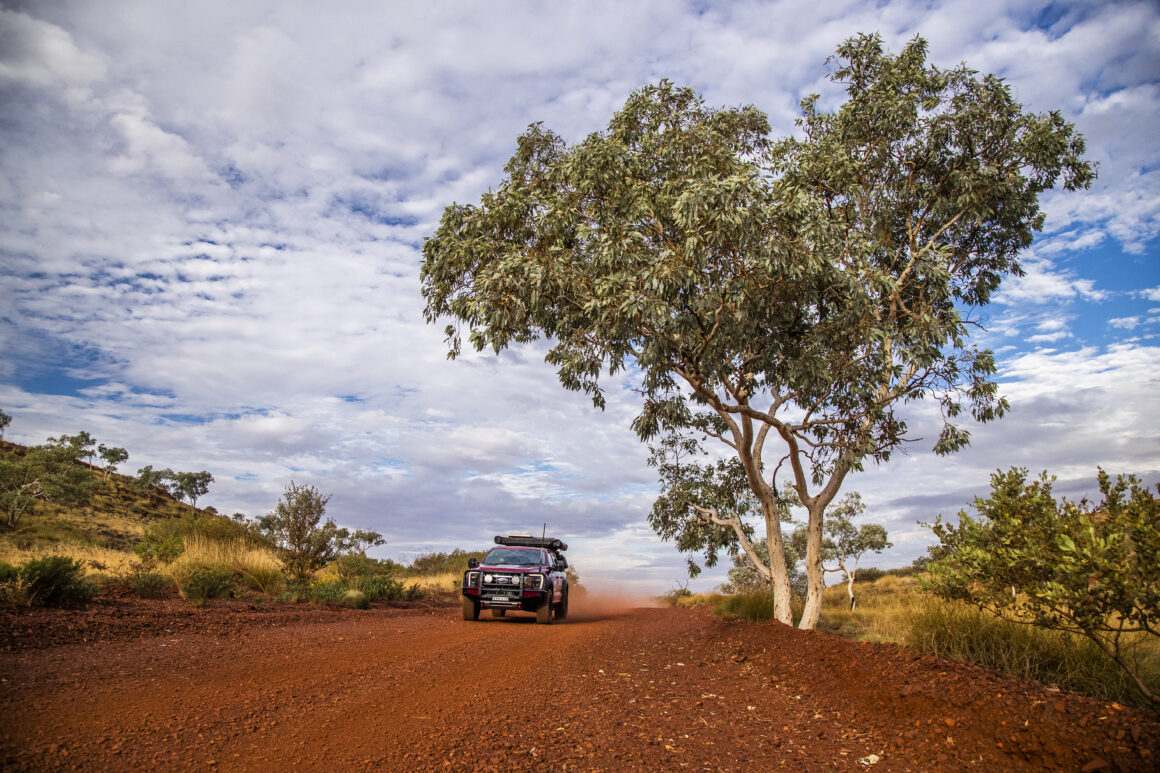
Longer Drives, But Less Stressful?
Let’s start with travel times. Dropping speed limits from 110km/h to as low as 70-80km/h means journeys through WA’s vast countryside will inevitably take longer. For 4X4ers tackling extended road trips or remote outback travel, this could mean hours added to an already lengthy drive. Those precious weekend escapes or long hauls to back country camping spots might now require earlier starts or an extra pit stop along the way.
That said, there’s an upside. Slower speeds could make driving less stressful. Instead of white-knuckling it through tight corners or worrying about overloading your rig at higher speeds, cruising at 80km/h might just let you take in the scenery – something 4X4 trips are all about anyway.
A Boost for Your Wallet (and the Planet)
Interestingly, driving slower could actually save you some cash. Most vehicles, especially heavy 4X4s, are more fuel-efficient at moderate speeds – typically in the range of 50-80km/h. If you’re used to watching your fuel gauge plummet on long stretches, this could mean fewer stops at the bowser and a lighter hit to your wallet. Not only does that mean savings, but you’re also reducing your vehicle’s emissions. Slower, smoother driving is a win for the planet, especially if you’re exploring sensitive areas of WA’s unique environment.
Safety First, but Does It Hold Up?
The push for lower limits is rooted in safety, and it’s hard to argue with the numbers. Lower speeds give drivers more time to react to unexpected hazards – think kangaroos bounding across the road or sharp turns on gravel surfaces. For 4X4ers in particular, who may be towing camper trailers or carrying heavy loads, reduced speeds mean better control and less chance of things going pear-shaped, especially in wet or slippery conditions.
There’s also the issue of rollovers. With their higher centre of gravity, 4X4s are more prone to tipping, particularly during sudden manoeuvres or high-speed cornering. Slower speeds could help keep all four tyres firmly planted on the ground. That said, some critics argue that fatigue could become an issue. The longer you’re behind the wheel, the more likely you are to get tired – a risk that could counteract the safety benefits.
A Mixed Bag for Drivers
Like any big change, the proposed speed limits bring their pros and cons. On the one hand, you’ve got the safety perks: fewer crashes, less severe impacts, and the peace of mind that comes with more time to react. On the other hand, the extended travel times and the potential frustration of crawling along previously faster routes could test the patience of even the most seasoned 4X4ers.
Ultimately, it’s about perspective. If you’re the type who enjoys a more leisurely pace, this could align perfectly with your vibe. If you’re always pushing to reach the next destination, though, it’s going to feel like a drag.
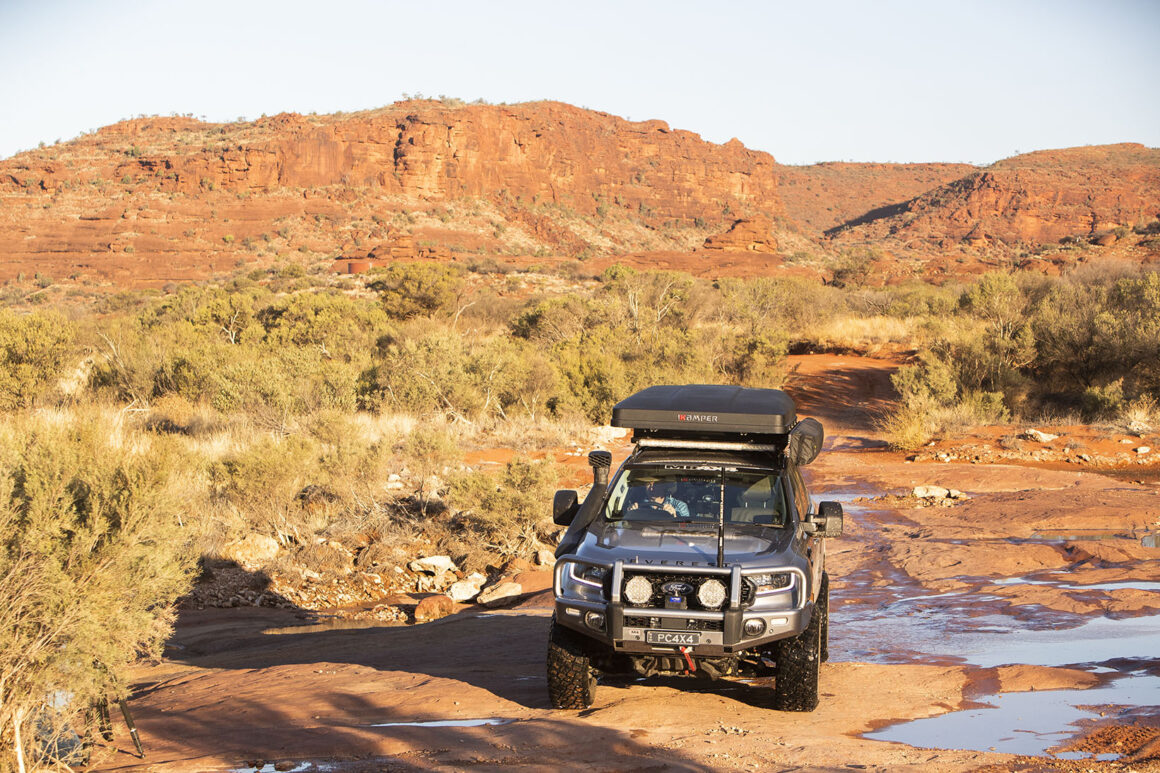
Does It Actually Make a Difference?
Looking at the big picture, lowering speed limits has a solid track record for improving road safety. The data doesn’t lie: reduced speeds can save lives, especially in regional areas where accidents tend to be more severe. For those of us in the 4X4 community, the real challenge will be adapting to the changes without losing the sense of freedom and adventure that comes with hitting the open road.
So, will this make your next outback trip safer, cheaper, and more relaxed? Quite possibly. But will it slow things down, both literally and figuratively? Absolutely. Whether that’s a fair trade-off is something every 4X4er will have to decide for themselves.



